Culinary Art: Women Chefs at Strathmore
Strathmore's Artists in the Kitchen explores 22 female chefs across the DC Metro region

We all need food to survive. For Chef Marianne Ali of the DC Central Kitchen, food became more than a necessity — it saved her life. Despite growing up in a middle class Maryland family, Ali’s childhood was anything but suburban. At 13, she began experimenting with drugs. Four years later, she was addicted to heroin. For two decades, Ali dealt with the agony of addiction and the physical and mental trauma that encompasses. “When I finally was able to get myself clean,” she recalls, “I had to figure out what I wanted to do.”

Her love for cooking led Ali to culinary school. After graduating she began working with the DC Central Kitchen (DCCK), an organization dedicated to helping underserved and impoverished people build the skills required to succeed in the food industry.
“While I was working there, I saw all these people that I would say ‘I recognize you. How do I know you?'” she says. “I realized that these were people that I had been using with — people from my former life. I knew that I had to become a training chef, and use my own life experience to transform other people’s lives.”
Ali is now an integral part of DCCK, running their training program which helps those struggling with homelessness and addiction. In her 15 year tenure she has seen 1500 graduates pass through her program, each with a renewed outlook on life and marketable skills. For her work in the DCCK, Ali was given the White House’s Champion for Change award for Reentry and Employment.

Ali’s incredible reinvention is being told as part of Strathmore’s current exhibit “Women Chefs: Artists in the Kitchen”. “When you search for Chef on Google,” says Strathmore Curator Harriet Lesser, “you come up with page after page of pictures of male chefs, and when you do see a woman, it’s usually in a pastry chef kind of role.” Eager to honor the influential women working in restaurants across the DC Metro region, Lesser commissioned 21 artists to create portraits of 22 female chefs, using whichever medium they desired. “If we put together a visual artist and a chef,” Lesser says, “we can redefine what a portrait is. It becomes a conversation between two different kinds of artists. We’ll have produced a new way of seeing someone.”
As part of the exhibit, Ali was partnered with Jacqui Crocetta, an artist and designer based out of Rockville, MD. “When I first started talking to Marianne,” Crocetta says, “I expected her to go on and on about food, but what struck me is that her passion really isn’t food. Her passion is changing lives.” After two phone calls, a few in person meetings, and several interviews with Ali’s students, Crocetta set out to create the Chef’s portrait. “I knew I wanted something that was layered to reflect the kinds of food that Marianne makes,” she says. “But I also wanted to represent her ability to change and grow.” By weaving handmade paper around a wire framed basket, Crocetta created a piece that was at once fragile, but also surprisingly strong. “In the bottom of the basket, I created a portrait of Marianne with poppy seeds,” she notes, “to represent not only her love for food, but also her struggle with heroin.”

“She seemed to understand who I was on a level that was unimaginable to me,” Ali says on her partnership with Crocetta. “I’m not a celebrity chef. I don’t own my own restaurant, but I am very grounded and passionate about what I do. She just captured me in a piece of art.” However, Ali wasn’t the only one touched by her portrait. Crocetta went through her own transformation while constructing her piece. “I don’t typically do portraiture,” she says, “but, in getting to know Marianne, she definitely has me thinking more about what I can do in my art that also serves our society’s greatest needs.”
Ali’s portrait is only one part of a greater exploration and exhibition into women as groundbreaking culinary artists. While men in white chef hats and blue aprons might dominate Google searches, “Women Chefs: Artists in the Kitchen” provides several opportunities to challenge the status quo of the food industry. It’s also somewhat fitting that these great female chefs are being celebrated in art.
“There are clear similarities between an artist’s process and a chef’s recipe,” Lesser says. “Both start with nothing and create something wonderful out of it.”
“Women Chefs: Artists in the Kitchen” runs until November 8th at the Mansion at Strathmore, 10701 Rockville Pike, Bethesda, MD. For information on the exhibit, visit strathmore.org.
Support Metro Weekly’s Journalism
These are challenging times for news organizations. And yet it’s crucial we stay active and provide vital resources and information to both our local readers and the world. So won’t you please take a moment and consider supporting Metro Weekly with a membership? For as little as $5 a month, you can help ensure Metro Weekly magazine and MetroWeekly.com remain free, viable resources as we provide the best, most diverse, culturally-resonant LGBTQ coverage in both the D.C. region and around the world. Memberships come with exclusive perks and discounts, your own personal digital delivery of each week’s magazine (and an archive), access to our Member's Lounge when it launches this fall, and exclusive members-only items like Metro Weekly Membership Mugs and Tote Bags! Check out all our membership levels here and please join us today!





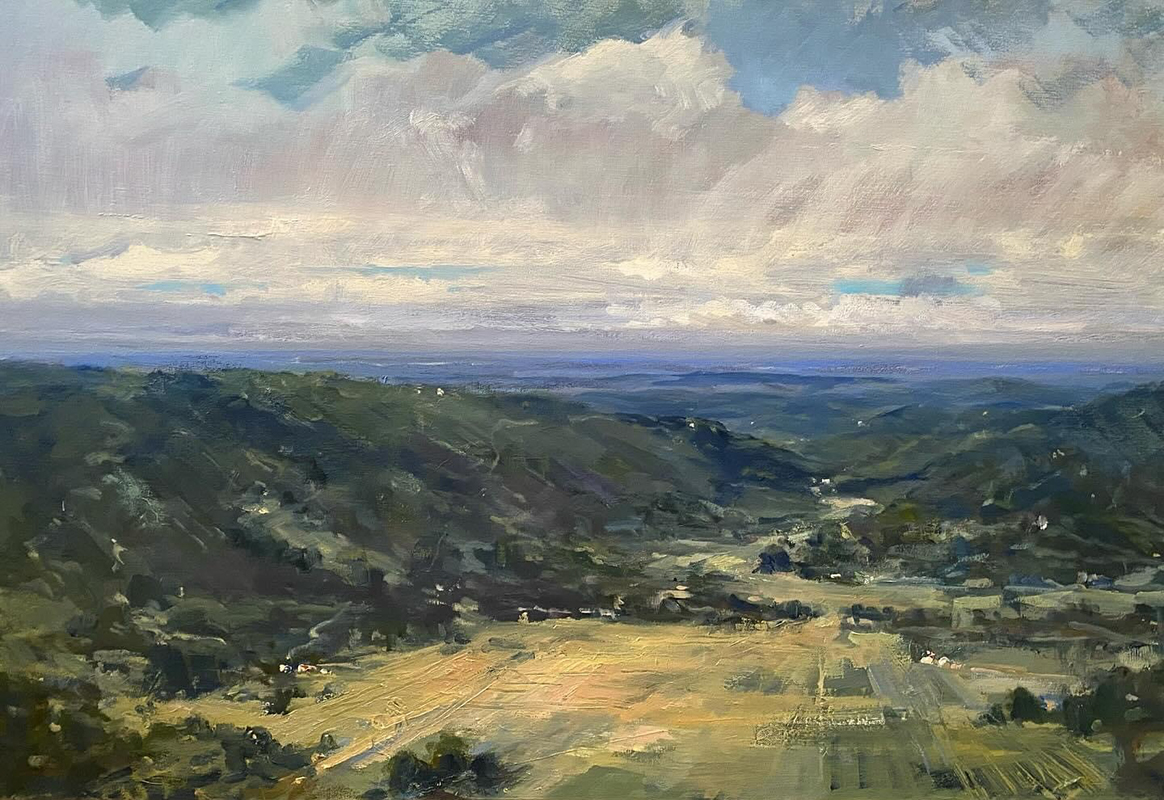
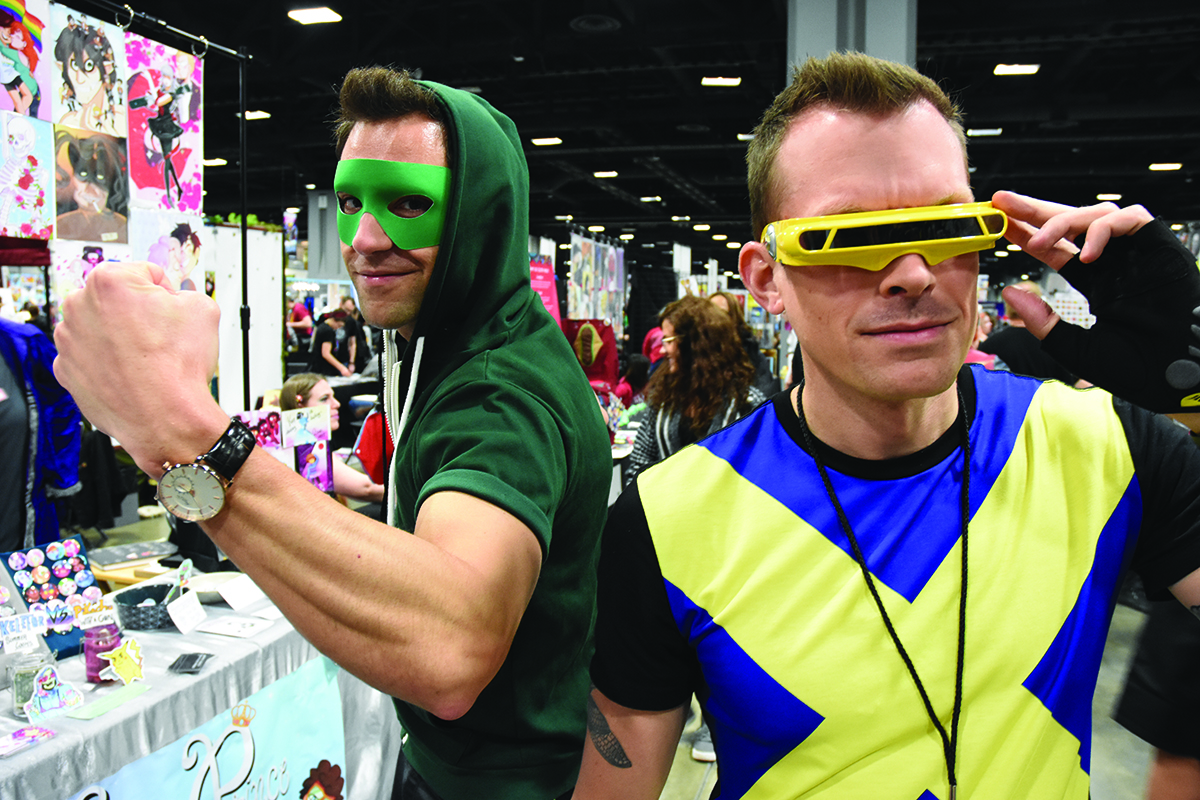
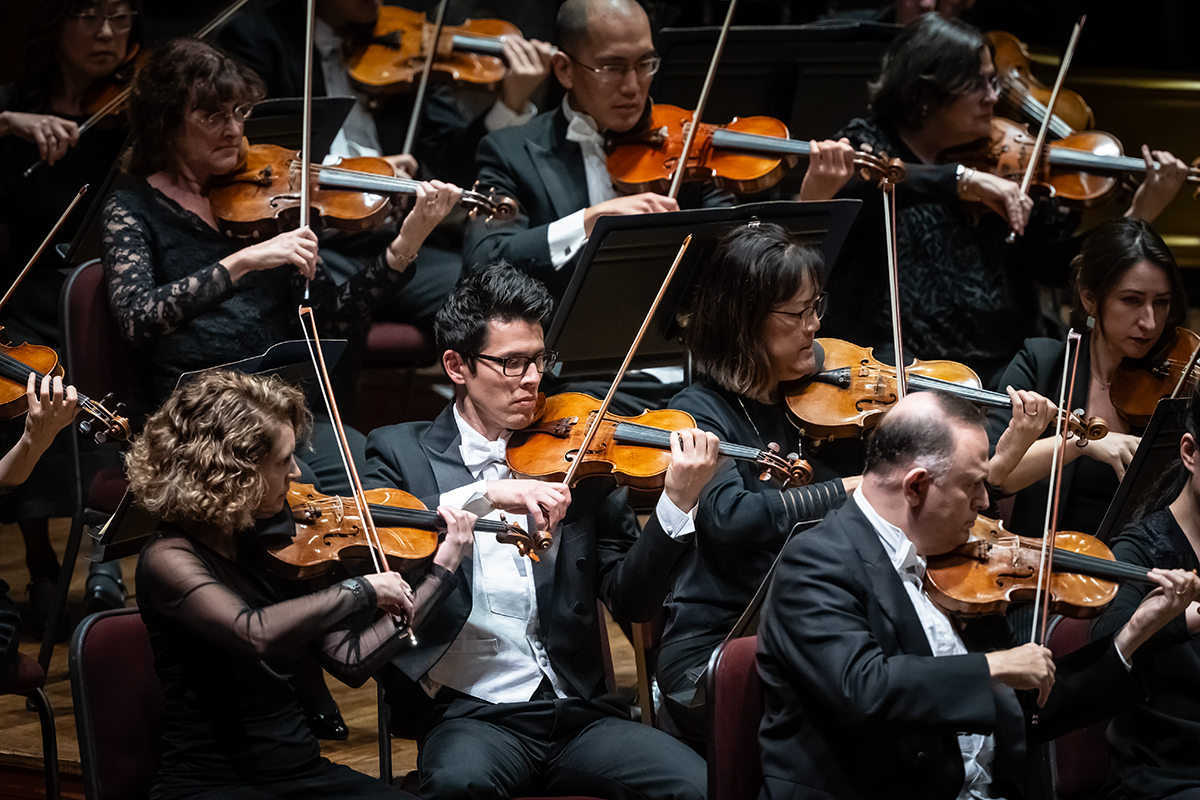















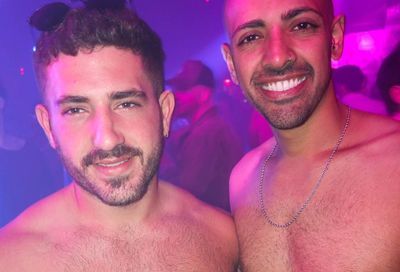
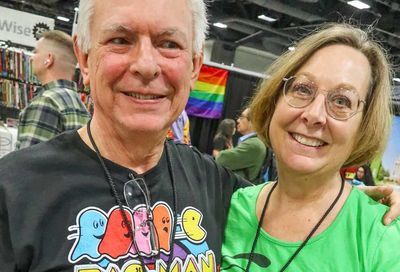
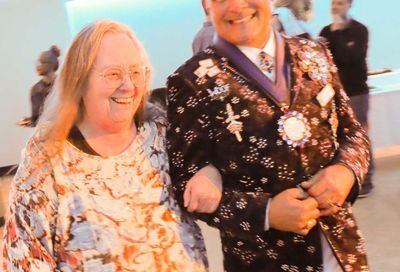
You must be logged in to post a comment.